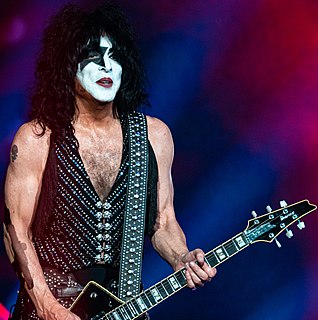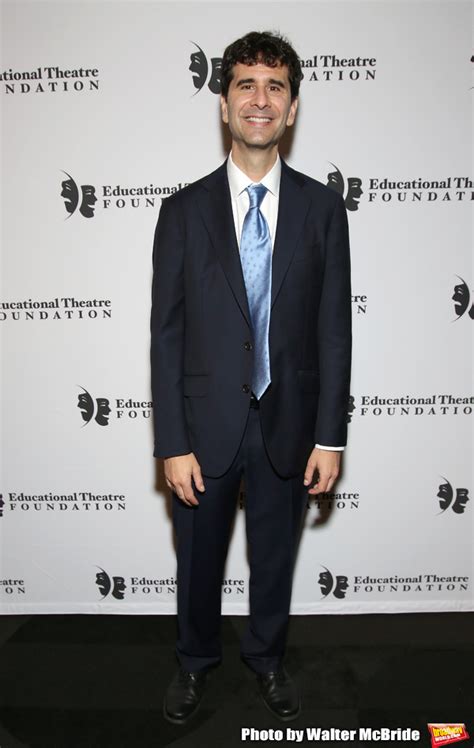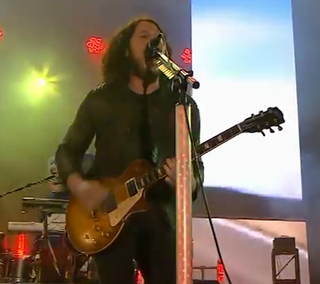A Quote by Paul Stanley
Doing my art came out of something very solitary and something that I had no intention of showing anybody, and yet once people saw pieces in my house, it became really clear that there was a great demand for my art.
Related Quotes
My definition of art has always been the same. It is about freedom of expression, a new way of communication. It is never about exhibiting in museums or about hanging it on the wall. Art should live in the heart of the people. Ordinary people should have the same ability to understand art as anybody else. I don’t think art is elite or mysterious. I don’t think anybody can separate art from politics. The intention to separate art from politics is itself a very political intention.
You see Michelangelo and Picasso and you read literature. I had some innate inchoate yearning for that, but I never really saw where I would fit in. That's called art. And then something happened to pop music, which is that it became art under the hand of the Beatles, the Stones, and Bob Dylan and some other people.
In the beginning, the energy involved to create came from my reaction to the work of other artists. The force behind this was aggression. The art that I saw was great, but I had to reject it, because I could not continue in the same direction. So I had to do something entirely different. It had to be so different, so extreme, that those who loved pop art, for instance, hated me. And this was my strength.
When I was at art school, a lot of art education is about art being a means of self-expression, and as an 18-year-old I didn't know if I had a huge amount I wanted to express. It was a big moment when I decided I wanted to shift the emphasis or the intention of my art from something I disgorged myself upon and something that actually fed me or made me see the world or understand the world.
Think about it: you've already related it down to something that somebody else can understand. If art relates to something - it's like Picasso, it's like Mondrian - it's not. Art's supposed to be what it is. Using a reference of art history might help for some kind of sales, but it doesn't really help anybody. Art is what it is; it cannot be footnoted, until it enters the world. Then it has a history. Then the footnotes are the history, not the explanation.
From the very beginning, art meant something very important to the people who made it. It was a correspondence of the emotions to what you saw; it wasn't knowledge. You were being at one with something eternal; something outside of yourself. And no matter how many fake things have been brought in to suit other conditions... That is still true.
When I do a record, it sounds more punk and raw. Or it will sound louder, or it will sound more shocking. Or mind-boggling. I'll be trying to figure it out, but once I've got it figured out I'll be like, I know this; I know where this came from. I think art is most interesting when the intention is not clear.
Much like teaching art to young art students age 10 to 15 or so on, you have to break it down into bite-sized pieces, essential components. You have to - you know, at this point I'm so used to operating within given assumptions about art. But when you're explaining art to art students or people who are new to this experience, you have to really go back to the fundamentals.
Beauty has became a pejorative word in art. It was not something one should aspire to, because it was pedestrian. Beautiful things became cheap and easy. If it's cheap and easy, then upper classes aren't going to aspire to it. So, they have to find something more esoteric. I wanted the paintings to be realistic enough that you would have the ability to forget that I'm showing them to you.
Art can mean a lot of things. At the heart of it, art is doing something you really believe in. Like my wife, she volunteers helping underprivileged kids, that's her art. To me, anything that you do that you truly believe in makes you an artist. It doesn't necessarily mean being a painter or a film maker. That's art, but there's more to it than that. As long as you're pouring your heart and soul into what you're doing, that's the weapon.


































